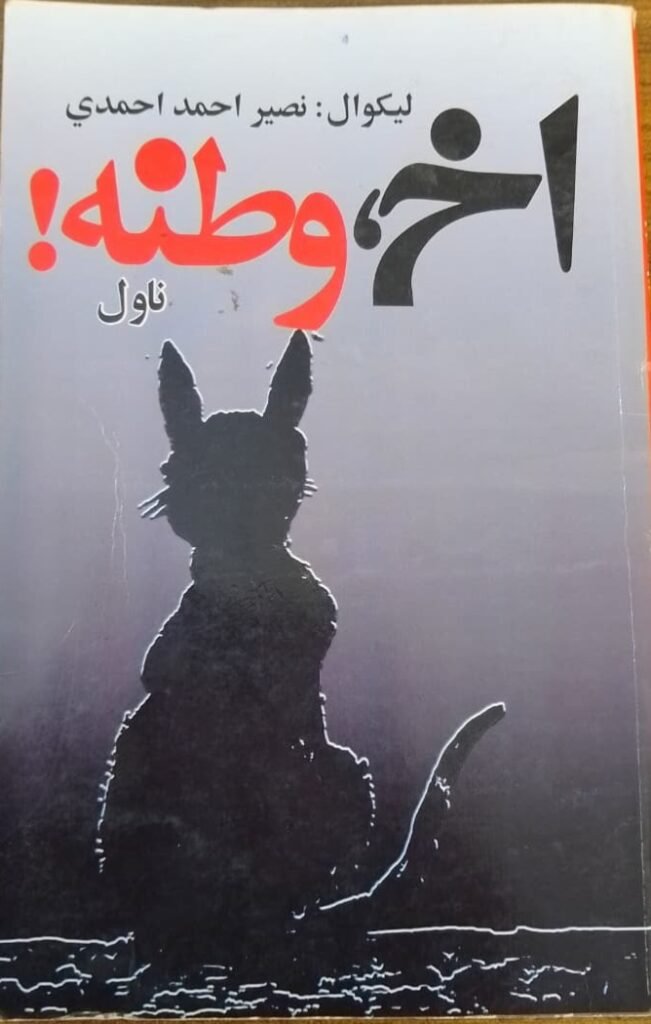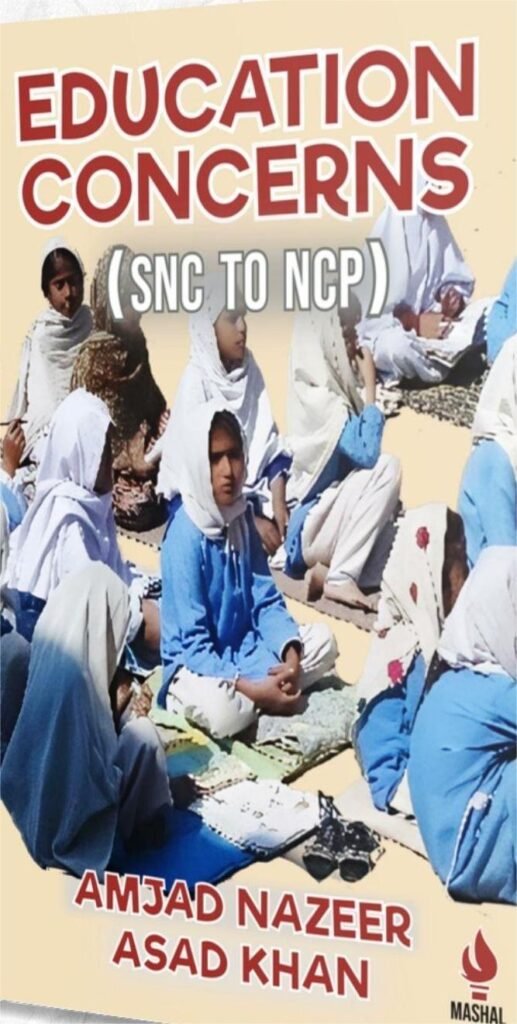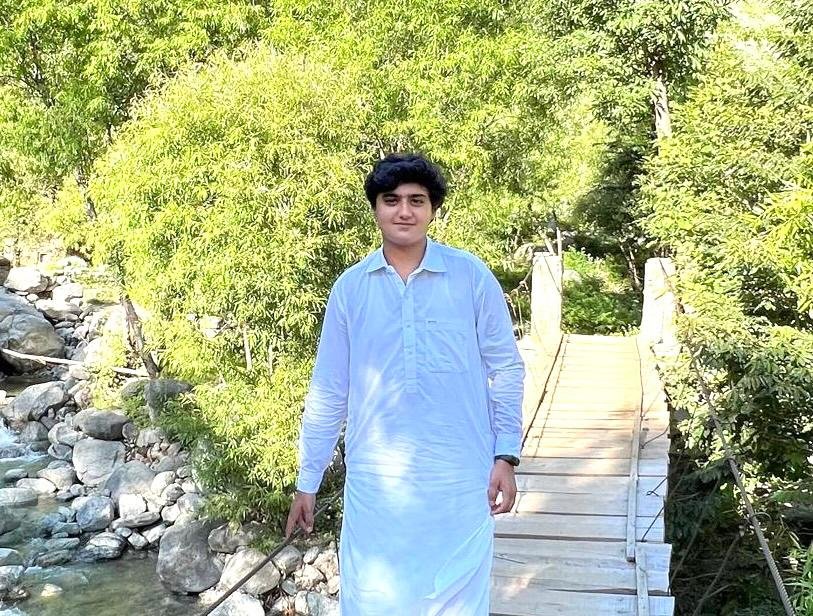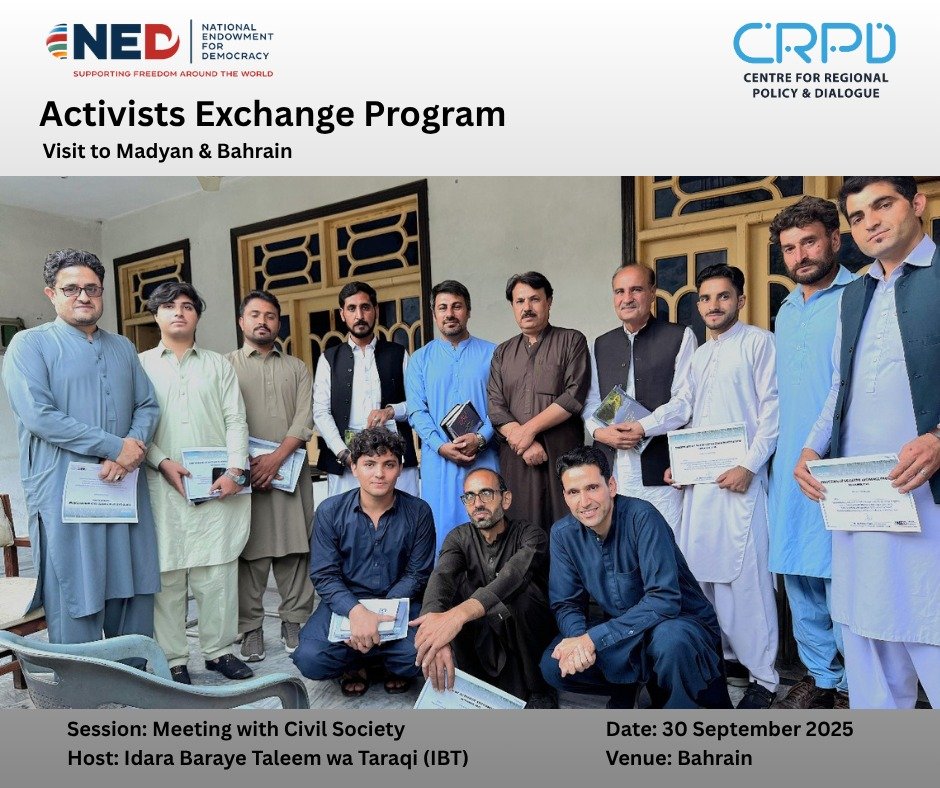By Mohib Afghan
Over the last twenty years, Afghanistan was under the control of NATO and US military forces but they had failed to build stable state of Afghanistan. In April/May 2021, I came to my home town in Bermal (A district in Paktika, separated from north and South Waziristan by Durand Line in 1893. Bermal was part of Waziristan before the Durand line agreement.) This was my usual trip to my home town in summer vacations from University of Peshawar, Peshawar. The security situation in Afghanistan seemed to be far from normal. Every day there were skirmishes between Taliban and Afghan national Army (ANA). Roads were full of IEDs while bomb blasts in big cities was a routine. The military compound in our village – Bermal – was attacked several times for two months before the Taliban takeover. Amidst all these turbulence hope of peace deal between the two warring parties was still there among the people. I could hear the whisperings of my village fellows – amidst those bomb blasts – who would console one other that peaceful settlement would prevail. They were discussing and analyzing Afghan government’s demand of cease fire on Eid to which Taliban had already given green signal. During those days, fear and hope was existed side-by-side in my home town. We saw high hopes when the aforementioned cease fire actually happened between Ghani’s government and Taliban on May 13 to 15, 2021. They were thinking that the cease fire would lead to permanent peace settlement in Afghanistan.
But hope of peace could not prevail. Soon after passing of three days the cease fire situation changed completely when the Taliban started military campaign for capturing districts in different provinces, mostly in northern Afghanistan. The Afghan government forces retreated from their positions slowly and gradually to let the Taliban take over provincial capitals and left districts after districts to Taliban fighters. In some of the districts, Taliban’s attempt to capture had failed. Bermal was one of those districts where the Taliban tried twice to capture the district head quarter but failed. Then they distributed warning pamphlets in the suburbs of army base in which locals were threatened to evacuate their homes, as the Taliban were going to finally attack the base. The pamphlets created panic and extreme fear among the locals. Some of locals started digging safety tunnels inside their homes to take shelter in case of the said attack started. While some had to evacuate their homes in the night to avoid any harm – some would shift families to nearby villages at night and to would bring them back to their home at day time. However, the aforementioned attack did not take place and the military compound was handed over to a small number of Taliban fighters by a battalion of three hundred soldiers of Afghan National Army without fighting.
Initially, it was considered that Taliban would prefer to avoid humanitarian crisis over direct and violent confrontation with Afghan government. Since majority of the Afghan population inhabited in urban centers, locals hoped that Taliban would not attack the provincial capitals to avoid humanitarian crisis. But the hope once again faded when Taliban moved forward. As soon as they took control of almost half of the districts of the country, they started attacking provincial capitals first in northern Afghanistan and then in the rest of the country. All of the provincial capitals, one after another, fell to the Taliban. All of the provincial capitals were abandoned by Afghan government without any resistance except Qandahar, Helmand, Ghazni and Qunduz. Here the hope of locals had turned into panic and uncertainty turned into confusion – for the third time. Now, it was the most common question among fellow villagers that how the government could quit all these provincial centers so easily? In the time of such panic and fear, no one could answer the question rather every single fellow citizen was watching and waiting for next move of Taliban.
The Afghans were aware of the consequences of regime change by force and through war. They knew the post war trail would lead to a routine execution in their cities and villages. Despite the Taliban’s announcement of general amnesty, those who remained part of Ghani’s government felt threatened to be executed by Taliban. Keeping in view Taliban previous brutality and execution, they could not trust them. Many of the employees in Ashraf Ghani’s government tried to leave the country at first place.
Moreover with the Taliban takeover all the government and private sector institutions turned dysfunctional. Educational institutions closed down. Soon after the closure of the educational institutions, my brothers and cousins came back home without taking their luggage from college in Khost with the hope that college would be reopened soon. When we asked them that they should have brought their luggage with them, they said that schools and colleges should be reopened soon because education is important and less controversial. They still hoped that educational institutions would open again. They even expected a new Islamized curriculum. For girls and women, it was change from that of boys. For them, Afghanistan was providing no more breathing space to women and girls. It was not just a regime change but a change of their destiny. Girls were whispering among themselves that there would be no freedom for them to go to educational institutions. Girls were aware of the fact that Taliban had never allowed girls’ education and would never allow them to go to colleges the way they were allowed and encouraged in Ghani administration.
The people of Afghanistan had already experienced hardliner [Taliban] Islamic rule once in 1990s and therefore they did not expect something good this time round. I could observe complete hopelessness in my home town after the Taliban takeover. Taliban’s extremist version of Islam with all of the capital punishments, flogging and intolerance for women was a point of great concern. Amidst all these worries some of the people were looking into the situations from yet another angle, i.e., they believed the takeover as an end to the war. They felt they there would be not more bomb blasts. They believed they would now be able to travel safe inside Afghanistan but the ongoing series of explosions by ISIS-K proved them wrong.
Security threats and securitization (security arrangements) were not the only reasons of people’s concerns; rather it was the [upcoming] economic crisis in Afghanistan which they discussed in village hujras and public gatherings in cities too. The locals in my home town called the prevailing situations a breeding ground for economic deprivation in Afghanistan. Most of the fellow citizens during an informal discussion expressed that they did not consider Taliban to be able to deal with any of such crisis. People were recalling their past experiences of socio-economic crisis under Taliban rule while discussing the prevailing political situation. Some of the villagers expressed that they were expecting to sell their belongings to feed their families as they once did in the previous Taliban rule in 90s.
Apart from the above mentioned socio-political, security and economic crisis, culture and communal life got extremely affected. For example Hujra’s music programs were part of the routine life among Pashtuns of Afghanistan, which most of the time contributed in the process of pluralism. Music always played part in providing space for public gatherings and discussions in Pashtun society. During the evolution of Ashraf Ghani [democratic] government, music was improving day by day. Musical programs in Hujra were increasing with the passage of time, which were considered an indicator of happiness in the previous government. Soon after capturing Kabul, Taliban declared music as un-Islamic and banned it in all its form. No one was allowed to play or arrange musical programs in Hujra and marriage ceremonies.
Besides, the removal of Afghan national (three colored) flag from public and private buildings created great concern and heated debate among the locals. I could witness the locals who were removing Afghan national flags from their shops unwillingly and in confusion. Those who had a soft corner for Taliban were of the opinion that the Taliban were now changed and would act in a more liberal and democratic way as compared to their previous rule. They believed that Taliban were against foreign aggressors and the government installed by these aggressors. But when Taliban changed the name of National Radio as Shariat Ghag (voice of Sharia) Radio and replaced Afghan national flag by Taliban white flag, they proved them wrong. Pakistan is among the neighboring countries which try to convince people in Afghanistan and abroad that Taliban should be taken seriously and should be recognized as legitimate rulers of Afghanistan. The Taliban decision of replacing national flag with their white one convinced the people that they are acting like foreign aggressors who want to destroy national identity.
Another point of concern was that the Taliban compared their victory with the victory of the Prophet Muhammad (SWA) over the non-Muslims of Quresh of Makkah in seventh century. At the first Jumma prayer after the Taliban take over, the Khatib (mullah or prayer leader) of our district bazar’s (market place) mosque was telling the people about Fatah Makkah (the conquest of Mecca). Prophet Muhammad (swa) general amnesty for the Quresh was compared with the amnesty declared by the Taliban for those working with Ghani administration. Are all the non-Taliban Afghans or those working with Ghani regime were non-Muslims for Taliban if not then why they compared their victory with the victory of the prophet over the Quresh of Makkah. These are frequently asked questions among the people of home town, Paktika.
Now the educated youth of Afghanistan especially the girls are trapped in a system where they think their future would be dark recalling the previous Taliban regime and their suppressive policies in 1990s. This is the reason that people of Kabul gathered outside the Hamid Karzai Airport in panic to leave the country for a better future.
The author is PhD scholar in the department of History at University of Peshawar (UoP), Peshawar, Khyber Pakhtunkhwa, Pakistan.






